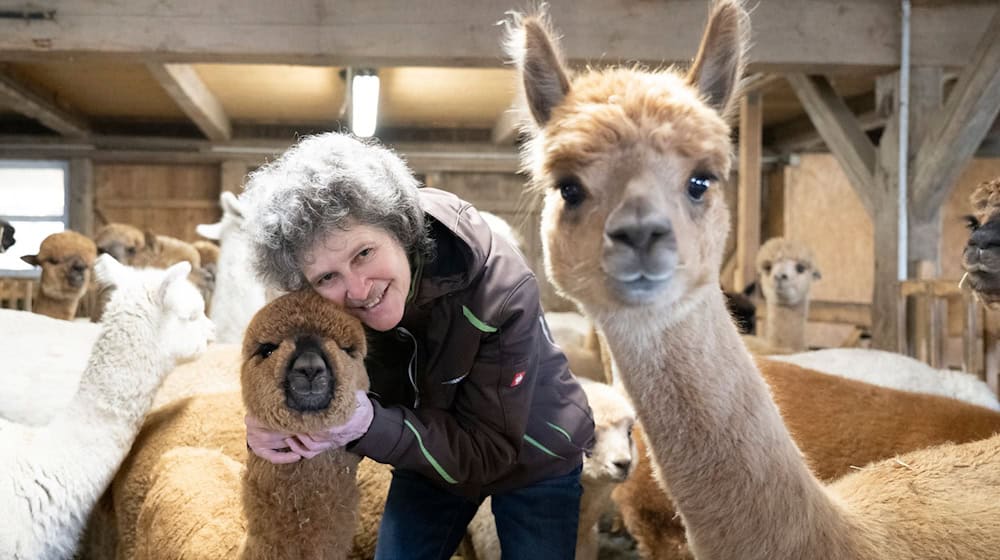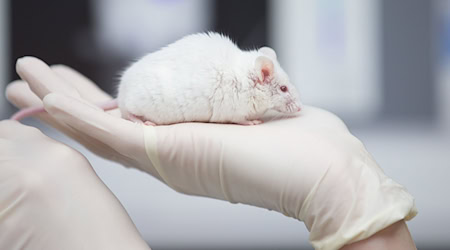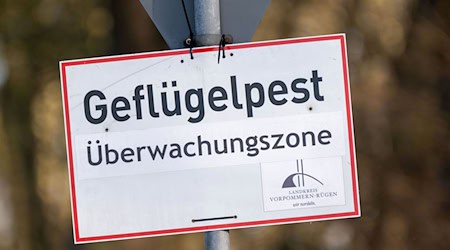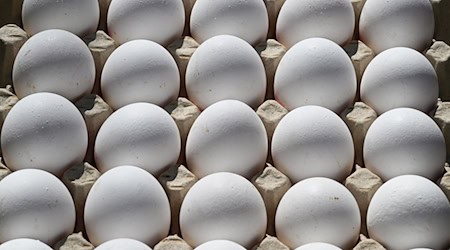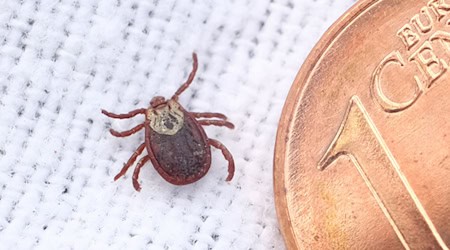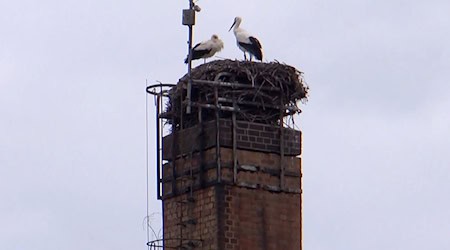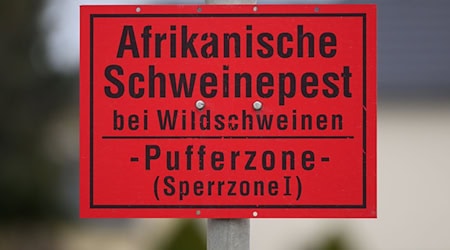Animals for the soul: the fluffy South American alpacas are increasingly attracting the attention of the tourism industry in Saxony. "Overnight stays on alpaca farms are very popular, especially for family vacations," said Andreas Kraus, Managing Director of the Vogtland Tourism Association, in Auerbach im Vogtland.
Walks with the gentle animals are a balance to hectic everyday life, they invigorate body and soul. The Friedrich Loeffler Institute in Jena recently warned against too close contact with the animals and possible pathogens, thus incurring the displeasure of alpaca keepers. The institute has since clarified that this warning did not refer to alpaca migrations.
150 keepers in Saxony
About 30 main and part-time farms with a total of around 600 animals are organized in the Alpaca and Llama Breeding Association of Central Germany. There are also 26 hobby livestock farmers with fluctuating numbers of animals. In total, there are around 150 keepers in Saxony, it said.
Alpacas are "in", said the president of the association, Andrea Reinhardt. Alpacas and llamas do not bleat like sheep or goats and do not destroy fencing. They are very frugal to keep and alpaca wool is traded as a noble fiber.
Walks with llamas and alpacas are suitable for people of almost all ages and also fit in very well with year-round tourism concepts, especially as outdoor activities are becoming increasingly popular, said Andreas Kraus from the tourism association. The demand for this special experience has increased more and more in recent years. Guests can exercise in the fresh air - at any time of year, regardless of the sun or snow. There are currently even offers for winter or mulled wine hikes with alpacas and llamas.
Alpacas are not cuddly animals
"The announcement from the Friedrich Loeffler Institute also hit me," said Pia Schindler from the "Alpacas vom Silberberg" farm in Lengefeld in the Ore Mountains. Something like that "has what it takes to ruin someone's business." She considers it annoying when all alpaca keepers are lumped together. She instructs participants on how to handle the animals before an alpaca hike. Alpacas are not cuddly animals. And: "We don't do alpaca kissing anyway." After the hike, participants are expressly instructed to wash their hands.
Martina Hofmann runs the "Alpaka Glück" farm in Frauenstein in the Ore Mountains on one of the oldest farmsteads in the village. There are 54 animals in the stables. There is a house for guests on the farm and alpaca wool is sold in the farm store, as well as alpaca beds and rugs. The farm also takes part in alpaca shows abroad.
The presence of the animals changes people
Martina Hofmann compares the walks with the gentle animals to dolphin therapy. Alpacas are like "dolphins on four legs". The animals sense when someone can't walk as fast and adapt. The presence of the animals changes people.
After the Friedrich Loeffler Institute warned that too close contact with the animals could lead to the transmission of diseases, alpaca owners went on the barricades. The scientists had received calls with very unpleasant comments, said institute spokeswoman Elke Reinking.
In the meantime, the institute has corrected itself. It is still true that the animals can transmit diseases. However, the risk is no higher than with other farm animals, such as cattle or sheep. Or with dogs and cats, according to Andrea Reinhardt from the Alpaca and Llama Breeding Association of Central Germany. It is estimated that there are currently 35,000 to 40,000 llamas and alpacas in Germany.
Copyright 2024, dpa (www.dpa.de). All rights reserved

